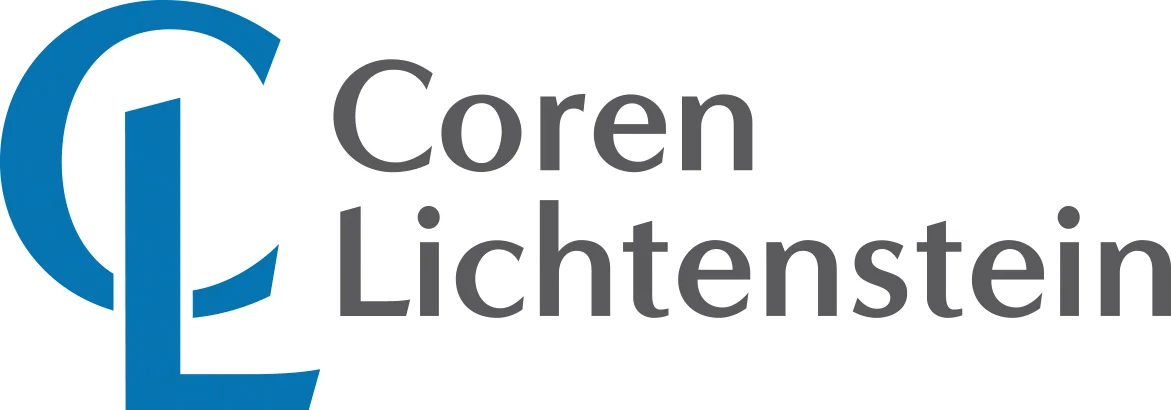Most benefits offered under Massachusetts’ Paid Family Medical Leave (“PFML”) went into effect January 1, 2021. Beginning July 1, eligible employees may now apply for benefits (including up to 12 weeks of leave) to care for a family member with a serious health condition. For the purpose of PFML’s leave to care for a family member with a serious health condition, family members include an employee’s:
- Spouse or domestic partner;
- Children (biological, adopted, foster, through legal guardianship or loco parentis, and/or step-children);
- Parents (biological, adopted, foster, through legal guardianship or loco parentis, and/or step-parents);
- Spouse’s or domestic partner’s parents;
- Grandchildren (biological, adopted, foster, through legal guardianship or loco parentis, and/or step-grandchildren);
- Grandparents (biological, adopted, foster, through legal guardianship or loco parentis, and/or step-grandparents); and
- Siblings (biological and/or adopted).
Eligible employees may apply for PFML benefits to care for a family member with a serious health condition in variety of situations, including, but not limited to:
- Providing the daily living needs that the family member cannot perform due to their serious health condition, such as helping them get dressed or helping with meals;
- Providing transportation to the doctor or other facilities for appointments and treatment;
- Providing support for their serious mental health condition, such as taking them to therapy or medication appointments for major depression; and
- Helping make arrangements for changes in care, such as a transfer to a nursing home.
As an employee, if you apply for benefits to care for a family member with a serious health condition, you will be required to 1) confirm your relationship with the family member and 2) engage with the family member’s health care provider to fill out a certification of the serious health condition.
As we face another year of COVID-19 and its widespread reach, even on those who are vaccinated, caring for a sick and/or dying family member is a position that more people are finding themselves facing. The role of caring for another is stressful enough. PFML alleviates some of the additional stress and worry by providing eligible employees with benefits including job protection and maintenance of one’s health insurance.
If you have any questions or concerns about your rights as an employee or your obligations as an employer under Massachusetts’ PFML, contact us for a free consultation.
